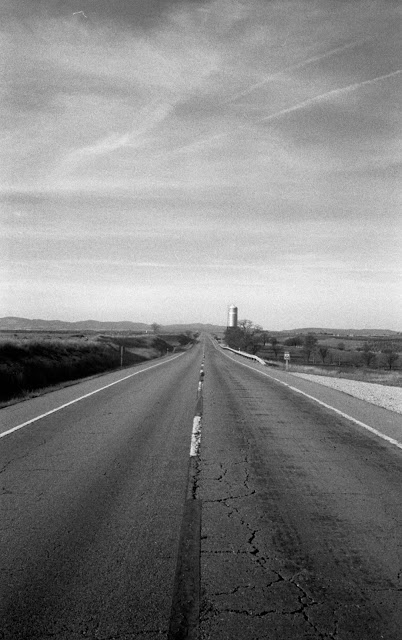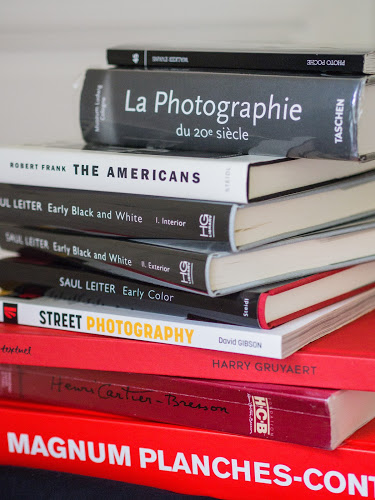A few words for Mr. L. Cohen
A message on my telephone this morning from a Canadian friend announced the passing of Mr. Leonard Cohen, songwriter and yes, let’s say it, poet. Because, unlike Bob, he really had published a few poetry collections and novels before he decided to become a singer and sing his own poems. The story goes, so I remember, is that on learning his ambitions his friends exclaimed in terror to him “don’t do it Leonard!” You see, no-one believed he could either sing or play a guitar. Cohen tells the story of how he took guitar lessons from a young Spanish man. One day he turned up at the apartment for his lesson only to find out from the landlady that the young man had committed suicide. But not before he had taught Lenny the few chords — the right ones — that he would need for his musical career. The darkest ones I guess. And now today the holy trinity is broken: Nick Cave, the son, Tom Waits, the holy ghost … and Leonard Cohen, the father.
Like a lot of people, I felt he spoke directly to me. A common phenomenon in pop music I guess: Around that time I saw REM live, and Michael Stipe exclaimed sarcastically before half of the songs, “this song is written especially for you!” But Cohen’s music came into my life at that exact time between when I left Ireland and before I became a more sociable human being, which is probably the most charitable way I can think of putting it.
I was living in Manchester, in a shared house with other students, and I had a small room at the back of the house on the last floor under the roof. Yes, really. “Songs from a room” to this tiny room where I had a large table, big enough for a record player and a place to write. You see, Cohen’s music came to me in that part of my life when I listened to music on records, before travelling made keeping a record player and records with me impossible. His music travelled directly from the little scratches on vinyl to my ears.
In his early records the songs only had guitars and his baritone, which like Waits’ deepened wonderfully with age. The words and the meaning of the words were at the center of everything. They resonated, and I can probably remember most of the lyrics of all those early songs today without any difficulty. I wrote and listened to Lenny and looked out over the rooftops of Chorlton-cum-Hardy, yes, trapped in a 19th century Universe. I would escape this world only by actually going myself, a few years later, to live in Canada. A place which did not reinforce all the heavy grooves of personality and place which are difficult to escape from when you are in your 20s. But when I was stuck deep in there, there was, at least, Mr. Cohen for me.
For this and everything, thank you Mr. Cohen!



